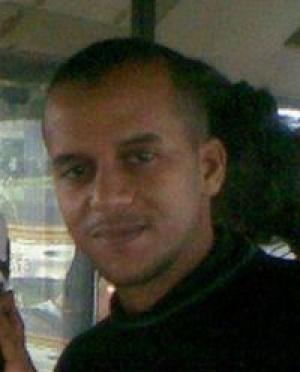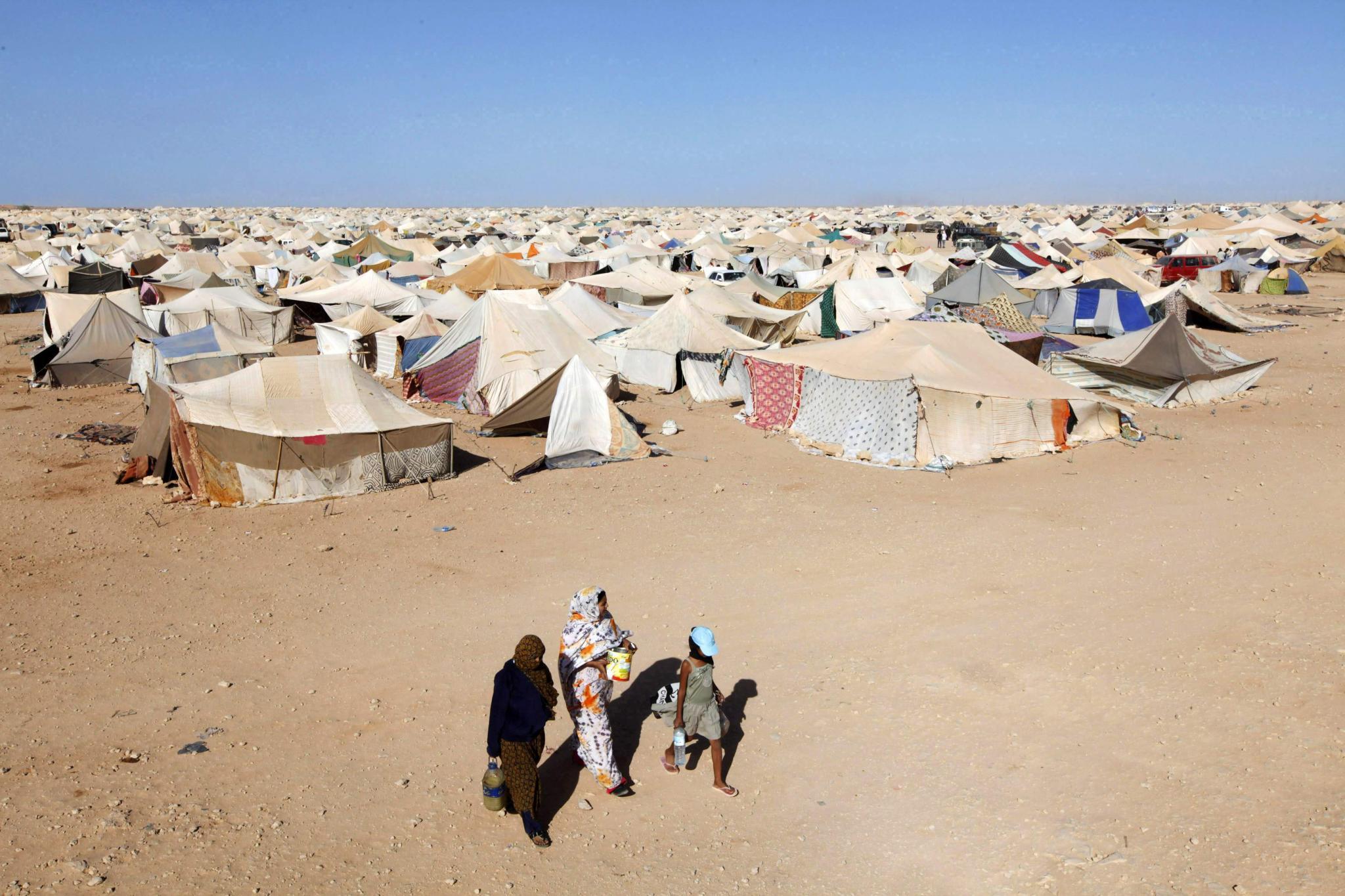
Mohamed Lamin Haddi
Mohamed Lamin Haddi is a human rights defender who was born in 1980. He was sentenced to 25 years in prison by the Appeals Court in Salé in 2017. Mohamed Lamin Haddi is a Sahrawi journalist and human rights defender who has claimed that his arrest was in connection to his offering assistance to two Belgian doctors linked to “Doctors without borders,” who were on a humanitarian mission in the occupied territory to provide medical assistance to Sahrawi victims of Moroccan oppression in the Gdeim Izik camp. Mohamed Lamin Haddi was arrested by the Moroccan secret service on 20 November in 2010 in Laayoune while he was accompanying the two doctors. The Belgian doctors were expelled from Laayoune. Mohamed Lamin Haddi declared at the Court of Appeal when being presented to the investigative judge that he was being tortured within the court facilities. The human rights defender claims to have signed the declarations and confessions under torture, which have been used as a key piece of evidence against him. Mohamed Lamin Haddi also maintains that he was not present in the camp on 8 November 2010, but that he was in Laayoune, witnessing civilians being beaten, women being raped, and military forces assaulting people in the streets. Mohamed Lamin Haddi declared that two of his friends died that day and that this has never been investigated by the Moroccan authorities.

